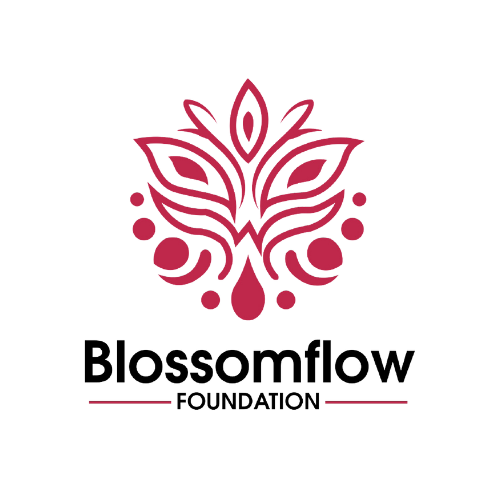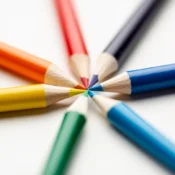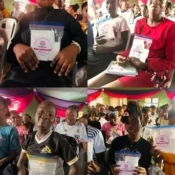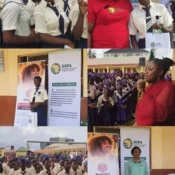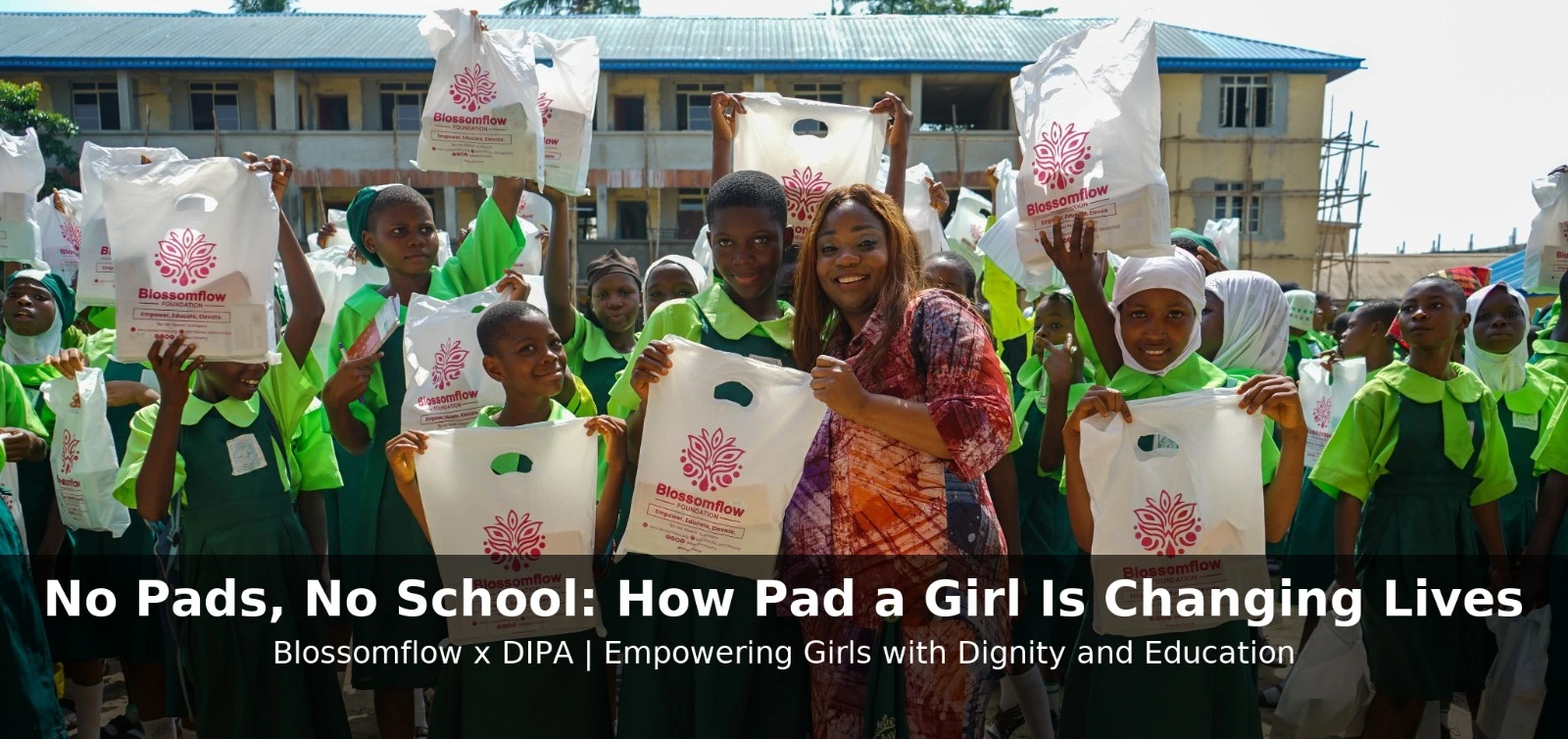
No Pads, No School: Tackling Irregular Periods, Late Periods, and Period Poverty with Pad a Girl
Thousands of girls miss school every month because they can’t afford sanitary pads. For some, the struggle begins with health worries like irregular periods, late periods, or hormonal imbalances. For others, the problem is far more basic: no access to pads at all. The Pad a Girl campaign restores dignity, confidence, and the chance to learn.
Confidence’s Story: A Window into the Crisis
When 15-year-old Confidence John from Imo State began menstruating, she didn’t have access to proper sanitary pads. Instead, she used old rags — uncomfortable, unsafe, and embarrassing. On her period days, Confidence stayed home, missing valuable classes and falling behind her peers.
“I just couldn’t face my classmates,” she recalled in a UNICEF feature. “I was too ashamed, and the rags often stained my clothes.”
Many girls her age wonder, “What causes irregular periods?” or “Why is my period 10 days late?”. For Confidence, the crisis wasn’t irregular ovulation or late cycles — it was the absence of pads to manage a perfectly natural period.
Everything changed when she joined a training program that taught her to make reusable pads. She practiced until she had six strong, reliable pads of her own, neatly stored in a wooden box. For the first time, she could attend school confidently, even during her period.
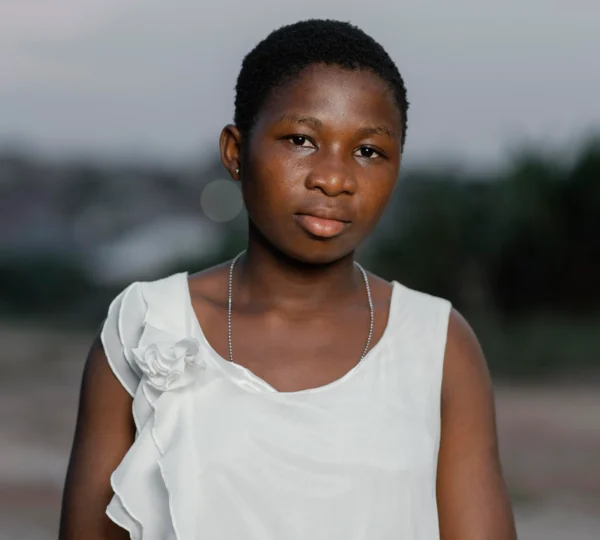
Confidence’s Story
Confidence’s relief and resilience mirror the silent struggles of millions of adolescent girls across Nigeria and Africa.
The Bigger Picture: Why Pads Matter in Menstrual Health and Irregular Periods
Across Nigeria, 1 in 10 girls misses school during her period because she cannot afford sanitary products. Families living on modest incomes often find pads priced beyond reach, sometimes consuming up to 11% of a household’s monthly earnings.
This is not just a health issue — it’s an education crisis.
-
Missing up to five school days each month means girls fall behind in lessons.
-
Repeated absences lower self-confidence and increase the risk of dropping out altogether.
-
Stigma and silence around menstruation deepen the shame and isolation girls feel.
Questions like “When should I be worried if my period is late?” or “Are irregular periods bad?” are important for every adolescent girl. But in too many communities, girls don’t even get to ask those questions — because they’re absent from school when they need answers most.
A pack of pads may seem small, but for a girl, it is the difference between staying in school or staying at home. Between dignity and despair.
A pack of pads may seem small, but for an adolescent girl, it is the difference between staying in school or staying at home. Between dignity and despair.
Introducing Pad a Girl: A Movement for Dignity
This is where the Pad a Girl campaign comes in. A collaboration between Deborah’s Impact Project Africa (DIPA) and Blossomflow Foundation, the initiative will reach 1,000 girls across Nigeria, Kenya, and South Africa, starting in underserved urban communities like Ikate Elegushi and Oniru in Lagos.
The campaign goes beyond handing out pads. Each girl receives a dignity kit containing sanitary pads, a period book (Period: what happens down there?), and an encouragement note. But more importantly, the program includes:
-
School-based menstrual health education led by trained facilitators.
-
Peer conversations and breakout sessions to normalize periods and reduce stigma.
-
Community dialogues that bring parents, teachers, and leaders into the conversation.
The goal is not charity — it is equity and empowerment.
Why This Campaign Matters
For girls, the benefits are immediate: restored dignity, better school attendance, and stronger confidence. For families and communities, it builds long-term awareness that menstruation is natural, healthy, and nothing to be ashamed of.
For partners and supporters, the impact is measurable. The campaign will track:
-
Number of pad kits distributed.
-
School attendance during menstrual days.
-
Pre- and post-session awareness levels.
-
Testimonials from girls, parents, and teachers.
This means every action is backed by real data and real human stories.
A Future Where Periods Don’t Pause Dreams
The Pad a Girl campaign is designed as a scalable model, one that can be replicated in other underserved communities across Africa. It aligns with global development goals on health, education, and gender equality. Most importantly, it tells every adolescent girl: Your period should never hold you back.
Blossomflow Foundation is proud to stand with DIPA in this mission. Together, we envision a future where no girl is absent from school because she lacks a pad, and where dignity is never negotiable.
Conclusion
Confidence’s box of sanitary pads is more than fabric and thread — it is a symbol of resilience, confidence, and opportunity. If one girl’s story can spark change, imagine what a thousand empowered girls can do.
The Pad a Girl campaign is not just about pads. It’s about unlocking potential, restoring dignity, and keeping dreams alive.
FAQs
Q1: What is period poverty?
Period poverty is the lack of access to menstrual products, hygiene facilities, or education about periods.
Q2: What causes irregular periods?
Irregular periods may be caused by stress, hormonal imbalances, or irregular ovulation. But for many girls, the bigger crisis is not medical — it’s the lack of pads to manage even a regular cycle.
Q3: How late can a period be?
A period that is 3 days late or even 10 days late can still be normal. But what is never normal is a girl missing school because she doesn’t have sanitary pads.
Q4: Are irregular periods bad?
Not always. Irregular bleeding or irregular cycles can be harmless, but they may also signal health issues. What is definitely bad is the shame and isolation girls feel when they can’t manage menstruation with dignity.
Q5: Who benefits from the Pad a Girl Campaign?
The campaign targets 1,000 adolescent girls aged 10–17 across Nigeria, Kenya, and South Africa, with a focus on schools and communities.
Q6: How does period poverty affect education?
Girls often miss school during their periods, leading to poor academic performance and higher dropout rates.
Q7: How can I support the Pad a Girl Campaign?
You can partner, volunteer, or raise awareness to support the mission of ending period poverty and empowering girls.
All Categories
Recent Posts
Why SDG 4 Cannot Be Achieved Without Ending Period Poverty
Tags
Give them a helping hand
Every donation fuels our mission to combat period poverty. Your generosity brings us closer to menstrual equity.
+234-909-482-1642
inquiries@blossomflow.org
